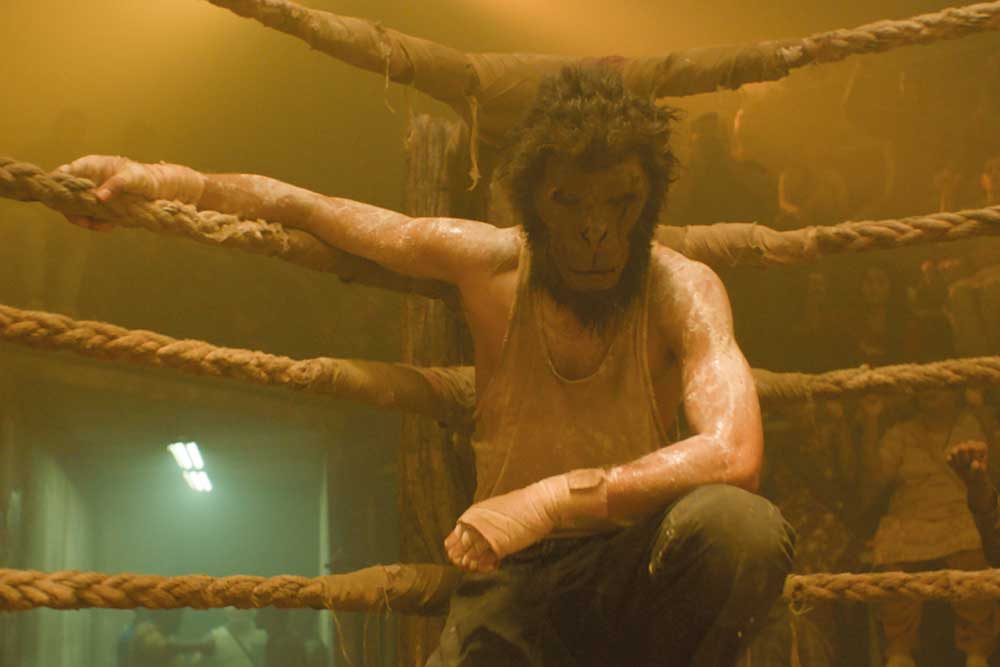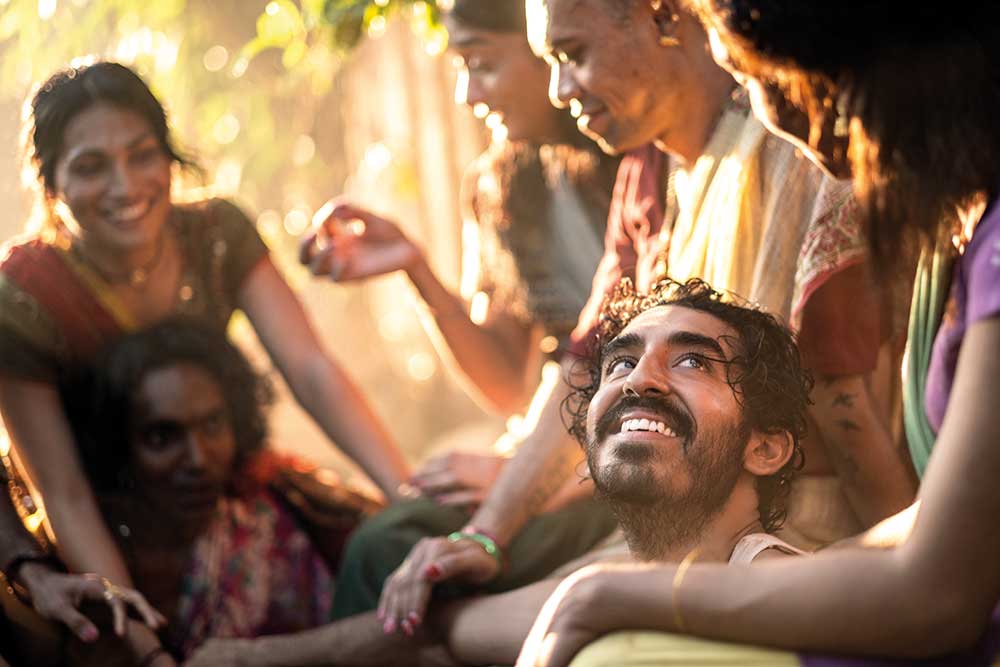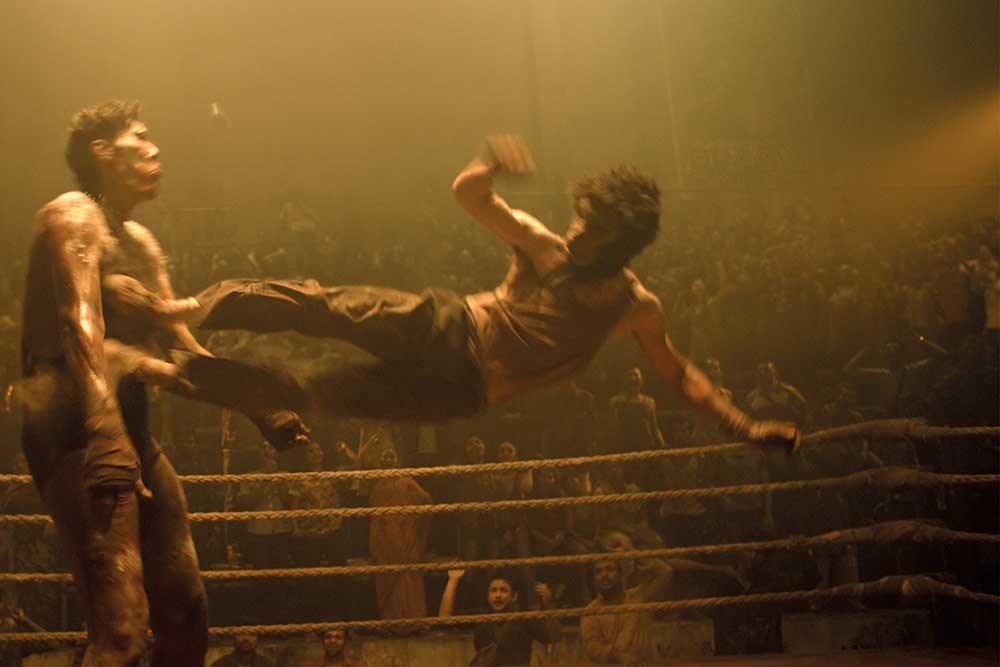Monkey Man
REVIEWED BY Nimanthi Bandaranayake

In a gripping tale of resilience, revenge and redemption, Dev Patel’s latest action thriller Monkey Man takes viewers on a rollercoaster journey through the gritty underbelly of Yatana, a fictionalised version of Mumbai.
This story revolves around Kid, portrayed with raw intensity by Patel, whose life is shattered when his mother Neela is brutally murdered by the forces of greed and corruption. From this tragic beginning, Kid’s journey for justice is both visceral and emotional, and draws viewers into his quest for vengeance against those who destroyed his family and home.
The film’s narrative is anchored in themes of spirituality and mythology, as Kid seeks solace and inspiration in the stories of Hanuman, the great monkey deity famed for his steadfast dedication and strength.
Its spiritual undertone lends complexity to his character, and converts his quest for vengeance into one of inner strength and self-discovery.
Kid is a bare-knuckle fighter wearing an ape mask at Tiger’s Temple, which is a bloody underground boxing club. Its existence focusses on taking horrific beatings in the ring. Yet, beneath his hapless facade lies a simmering vendetta against the city’s corrupt people.
The movie portrays the underbelly of Indian society where corruption and exploitation are rampant. It includes the ruthless spiritual guru Baba Shakti (Makarand Deshpande), now a figure with political influence, and the corrupt police chief Rana Singh (Sikandar Kher) who frequents Kings – a luxury brothel run by Queenie Kapoor (Ashwini Kalsekar).
Action sequences are expertly choreographed and deliver adrenaline fuelled excitement. From the underground boxing club to the luxury brothel, each setting is brought to life with gritty realism, and immerses viewers in Kid’s dangerous world of underground fights and clandestine operations.
At its core, Monkey Man is a story of resilience and redemption, as Kid rises from the ashes of his past to become a symbol of hope and justice for the marginalised and oppressed. Supported by a strong ensemble cast, the film bears testimony to the power of the human spirit to overcome even the darkest adversity.
Amid the chaos however, there’s a notable absence of Dev Patel’s on-screen presence. While Patel’s commitment to the physicality of the role is evident, his character’s emotional depth feels overshadowed by the film’s frenetic pacing and stylistic choices, leaving his performance somewhat obscured.
Monkey Man aspires to transcend being a mere action spectacle by addressing the burning issues of political corruption and personal vendettas. Yet, these ambitions often feel underdeveloped and overshadowed by the film’s relentless pursuit of emotional thrills.

While it undeniably entertains, Monkey Man struggles to strike a balance between its aspirations for depth and commitment to adrenaline fuelled action.
The movie stands as a testament to Patel’s directorial potential and showcases his adeptness at crafting intense, visually striking sequences. However, it falls short of fully harnessing his talent as an actor, and leaves audiences craving a deeper exploration of character and narrative.
Nevertheless, Monkey Man remains a gripping exploration of the tumultuous realm of Mumbai’s underworld and offers a frenzied ride for fans of the action genre.






